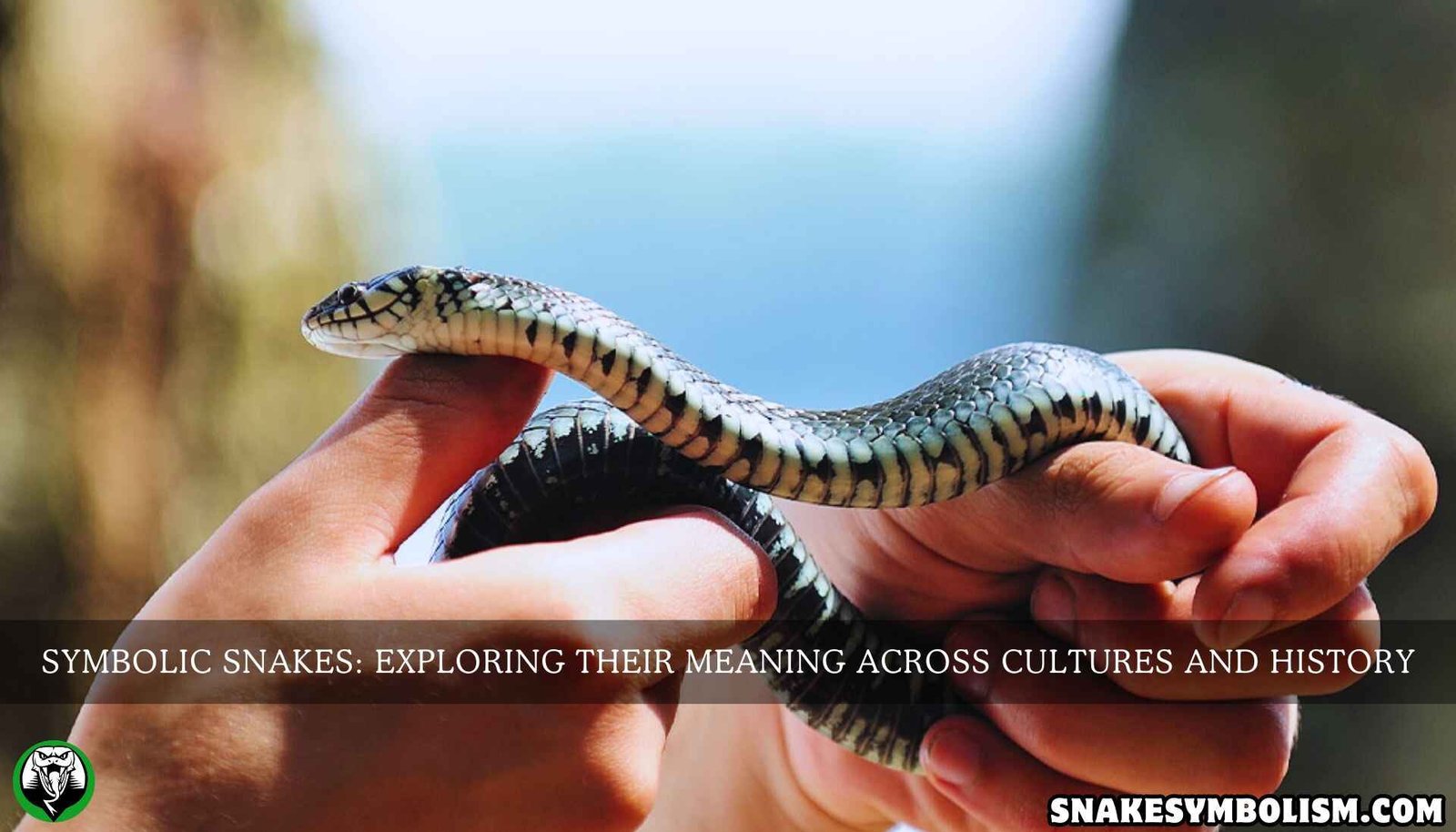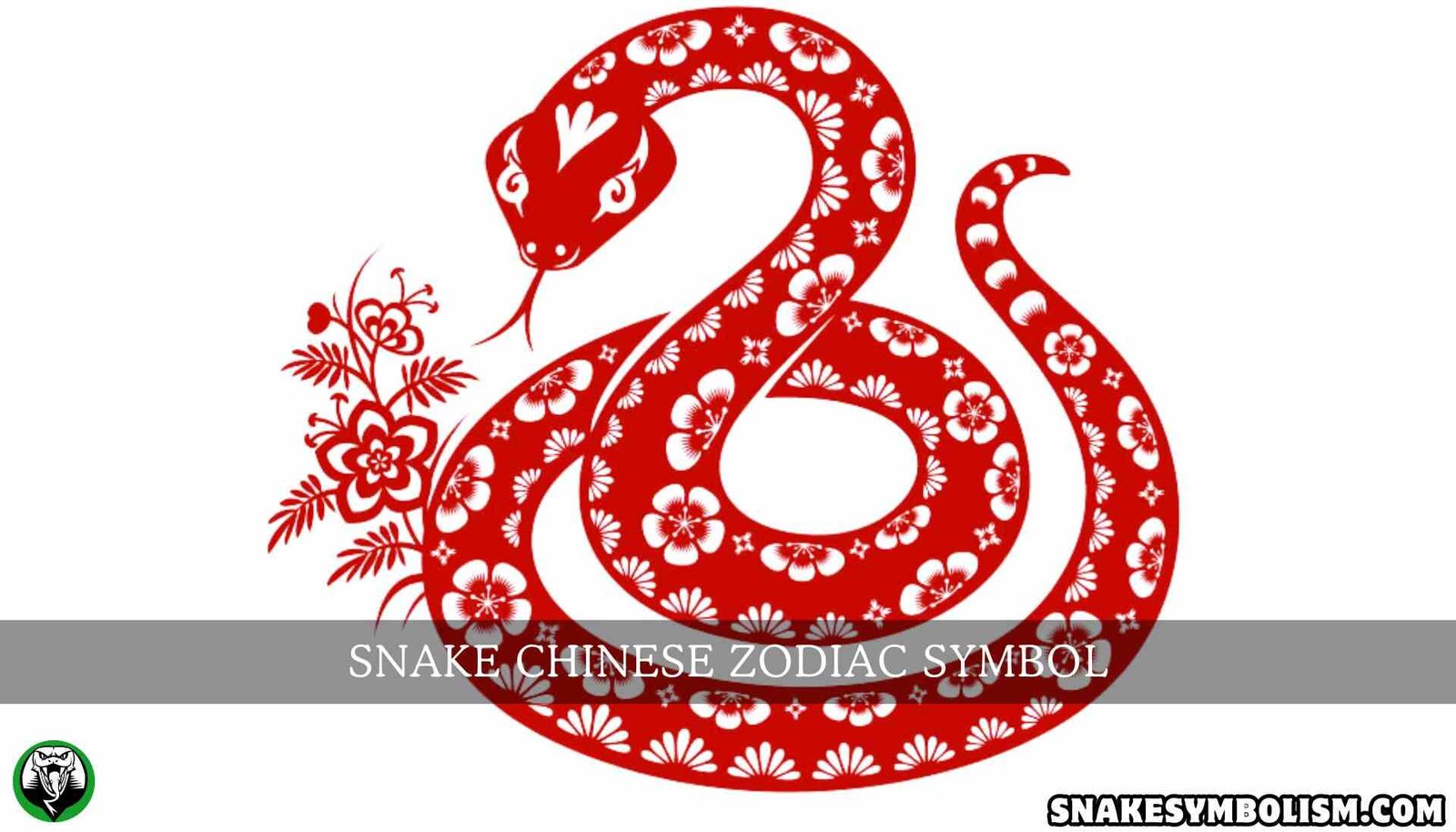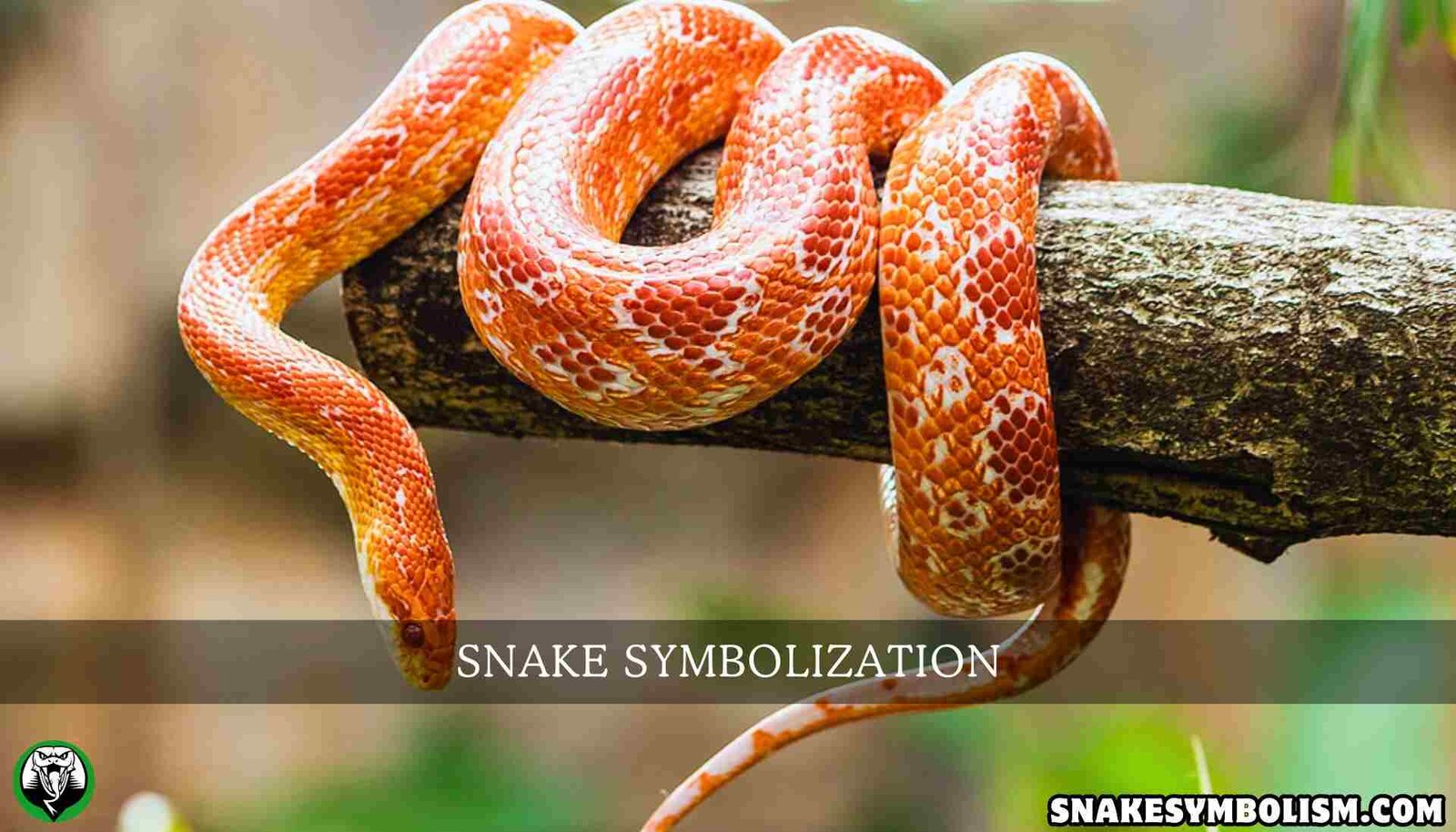Snakes are interesting creatures with unique characteristics that set them apart in the animal kingdom. From their flexible skeletons to their venomous bites, each aspect of a snake is adapted to its environment and lifestyle.
Characteristics of a Snake
“Snakes are marvels of evolution, perfectly designed for stealth and survival,” says Dr. Emily Carter, a herpetologist at the National Museum of Natural History.
Snakes are elongated, legless reptiles with a wide variety of sizes, colors, and patterns. Their bodies are covered in scales, which help them move smoothly and protect them from predators.
Snakes have a unique method of locomotion, using muscles along their bodies to slither, climb, and even swim.
Their senses are finely tuned to detect prey, with most snakes relying heavily on their sense of smell and heat detection through specialized pits near their eyes.
Despite lacking external ears, snakes can pick up vibrations through their jawbones, helping them sense nearby movements.
ALSO READ: Snake Venom Symbol: Knowing Its Deep Significance
The Unique Characteristics of a Snake Skeleton
“A snake’s skeleton is an engineering wonder, allowing for incredible flexibility while maintaining strength,” explains Dr. James Morris, a zoologist specializing in reptilian anatomy.
A snake’s skeleton is highly specialized for its slithering movement. Unlike mammals, snakes have a large number of vertebrae, sometimes numbering in the hundreds, each connected by flexible joints. This allows them to twist and coil their bodies with remarkable dexterity.
Their ribs are also loosely attached, which aids in their ability to swallow prey much larger than their heads.
The skull of a snake is another fascinating feature. It is composed of multiple bones connected by flexible ligaments, allowing the snake to open its mouth wide enough to consume prey whole.
This characteristic is essential for their survival, as it enables them to feed on a diverse range of animals.
ALSO READ: Mystical Significance of Snake Symbolism in Tarot
Characteristics of Snake Personality
“Snake behavior requires recognizing their instinctual, rather than emotional, responses,” says Dr. Sarah Mitchell, a behavioral ecologist.
Snakes are often misunderstood due to their perceived cold and calculating nature.
However, their behavior is driven by survival instincts rather than personality traits as we understand them in humans.
Some species are known to be more docile and reclusive, avoiding confrontation whenever possible, while others can be aggressive, especially when threatened.
Their behavior can vary greatly depending on the species, environment, and situation.
For example, a rattlesnake’s famous rattlesnake is a defensive mechanism designed to warn predators rather than an act of aggression.
ALSO READ: Snake Symbolism in Love: Meaning, Emojis, and More Explained
Characteristics of Snake Venom
“Snake venom is a complex mix of proteins and enzymes, each tailored to subdue specific prey,” says Dr. Alex Turner, a leading toxicologist.
Snake venom is one of the most specialized adaptations in the animal kingdom. It is produced in specialized glands and delivered through fangs into the prey.
The composition of venom can vary greatly between species, with some venoms designed to immobilize prey, while others begin the digestive process before the prey is even swallowed.
There are generally two types of venom: hemotoxins, which affect the blood and tissues, and neurotoxins, which target the nervous system.
Some snakes, like the king cobra, possess venom that is a potent mix of both.
ALSO READ: Cobra Symbolism: Meaning, Power, and Cultural Significance
Characteristics of a Snake Bite
“Each snake species has evolved a bite mechanism that maximizes its hunting efficiency,” states Dr. Rachel Ford, a wildlife biologist.
A snake bite is not just a physical injury but a highly evolved mechanism for delivering venom.
The efficiency of a snake’s bite is due to the structure of its fangs, which can be hollow or grooved, allowing the venom to flow directly into the prey.
Some snakes have long fangs that can penetrate deep into the flesh, while others, like the coral snake, have shorter fangs that require a chewing action to inject venom.
The impact of a snake bite depends on the species, the amount of venom injected, and the size of the victim.
While some snake bites can be fatal, many snakes deliver a “dry bite,” where no venom is released, as a warning rather than an attempt to kill.
ALSO READ: Snake Symbolism Feminine: Exploration of Ancient Stories
Characteristics of Snake Eggs
“Snake eggs are marvels of biological engineering, providing protection and nutrients to the developing embryo,” says Dr. Karen White, a reproductive biologist.
Snake eggs vary greatly in size, shape, and texture, depending on the species.
Most snakes lay soft-shelled eggs that are leathery rather than hard, allowing them to absorb moisture from the environment.
Some species, like pythons, will incubate their eggs by wrapping their bodies around them and shivering to generate heat.
The incubation period can vary, but during this time, the developing snakes are vulnerable to predators and environmental changes.
Once hatched, the young snakes are independent of birth, possessing the instincts needed to survive in the wild.
ALSO READ: Snake Symbolism in Literature: A Tale of Deception and Transformation
Conclusion
Snakes are truly extraordinary creatures with characteristics that have fascinated humans for centuries.
From their unique skeletal structure to their potent venom, each aspect of a snake is a testament to the wonders of evolution.
Knowing these characteristics not only enriches our knowledge of the natural world but also fosters a greater appreciation for these often misunderstood reptiles.
FAQS
1. What’s special about a snake’s skeleton?
A snake’s skeleton is highly flexible, with many vertebrae and a skull that can open wide, allowing it to move easily and swallow large prey.
2. How dangerous is a snake bite?
Snake bites can be dangerous, especially if venom is injected. Immediate medical attention is crucial if bitten.
3. How do snakes protect their eggs?
Some snakes, like pythons, wrap around their eggs to keep them warm, while others rely on the environment to help their eggs develop.
ALSO MUST READ MORE BLOG: The Mystery of Snake Symbolism: A Deep Dive into Ancient Myths and Modern Meanings






